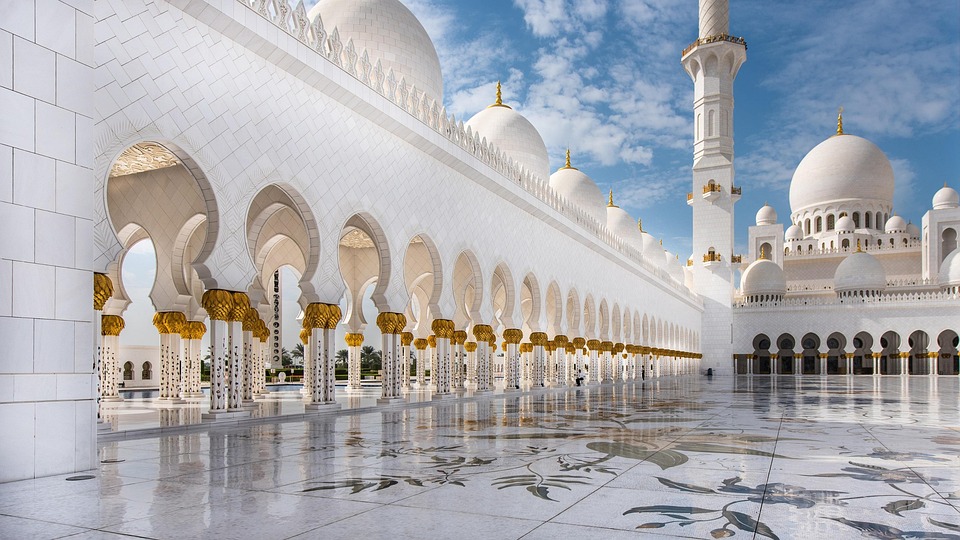
Discover the true meaning of Islam, a religion of peace, compassion, and guidance. Learn how Islam provides a complete way of life for humanity.
Keywords: Islam, Religion of Peace, What is Islam, Islamic Beliefs, Quran, Prophet Muhammad S. A. W, Five Pillars of Islam, Islamic lifestyle.

Islam is a complete code of life that provides guidance for every aspect of human existence. It is not limited to rituals and worship; rather, it encompasses social, moral, spiritual, economic, and political dimensions of life. The word “Islam” comes from the Arabic root “Salaam”, meaning peace, submission, and obedience to the will of Allah (God).
At the heart of Islam is the belief in one God (Allah) and in Prophet Muhammad (peace be upon him) as His final messenger. The Quran, Islam’s holy book, serves as the ultimate guide for Muslims, offering clear instructions for a balanced and righteous life.
Core Beliefs of Islam
Islam is built upon six fundamental beliefs that define a Muslim’s faith:
1. Tawheed – Belief in the Oneness of Allah
Muslims believe in the absolute oneness, uniqueness, and sovereignty of Allah. He has no partners, children, or equals.
2. Belief in Prophethood
Muslims believe in all prophets sent by Allah, from Prophet Adam to Prophet Muhammad (PBUH). These messengers conveyed the divine message to guide humanity.
3. Belief in the Holy Books
Muslims believe in previous scriptures revealed by Allah, such as:
- The Torah (to Moses)
- The Psalms (to David)
- The Gospel (to Jesus)
- The Quran (to Muhammad) – the final and preserved revelation
4. Belief in Angels
Angels are created by Allah to perform various duties, including delivering revelations, recording deeds, and managing the universe under Allah’s command.
5. Belief in the Day of Judgment
Muslims believe in life after death and that every soul will be held accountable for its actions on the Day of Judgment.
6. Belief in Divine Decree (Qadar)
Everything happens by Allah’s will. Muslims trust in Allah’s divine wisdom and plan for all events in life.
The Five Pillars of Islam
Islam is practiced through five essential pillars that structure a Muslim’s life:
1. Shahada (Declaration of Faith)
Sincerely declaring that there is no god but Allah and that Muhammad is His final messenger.
2. Salah (Prayer)
Performing five daily prayers at prescribed times, strengthening the connection with Allah and instilling discipline.
3. Zakat (Charity)
Giving a fixed portion of one’s wealth (usually 2.5%) to the poor and needy, promoting economic fairness and compassion.
4. Sawm (Fasting)
Fasting during the month of Ramadan from dawn to sunset, promoting self-control, gratitude, and empathy for the less fortunate.
5. Hajj (Pilgrimage)
Undertaking a pilgrimage to Makkah at least once in a lifetime, if one has the financial and physical ability. It symbolizes unity and submission to Allah.
Islam: A Religion of Peace and Mercy
Despite widespread misconceptions, Islam is a religion of peace, justice, and tolerance. The Quran frequently calls for kindness, fairness, and the protection of human dignity and rights.
Violence is not a teaching of Islam. War is only permitted in self-defense and under strict ethical guidelines. Even during conflict, Islam prohibits harming civilians, destroying crops, or abusing prisoners.
Islam’s Message for Modern Society
Islam promotes:
- Inner peace through spiritual practices
- Strong family systems built on respect and love
- Social justice and protection of the poor
- Economic fairness through charity and prohibition of exploitation
By understanding Islam’s true teachings, we discover a religion that values human dignity, peace, and moral responsibility.
Conclusion
In conclusion, Islam is a complete code of life that offers solutions to modern-day challenges. It emphasizes faith, compassion, responsibility, and justice. By embracing its teachings, individuals and societies can build a more peaceful, just, and harmonious world.





